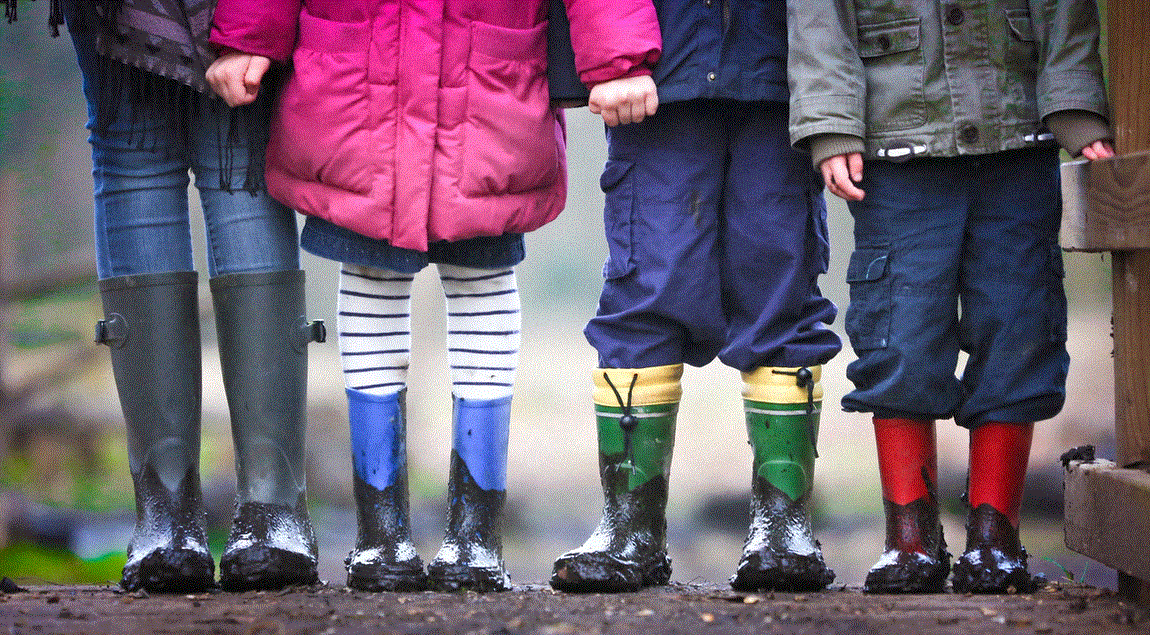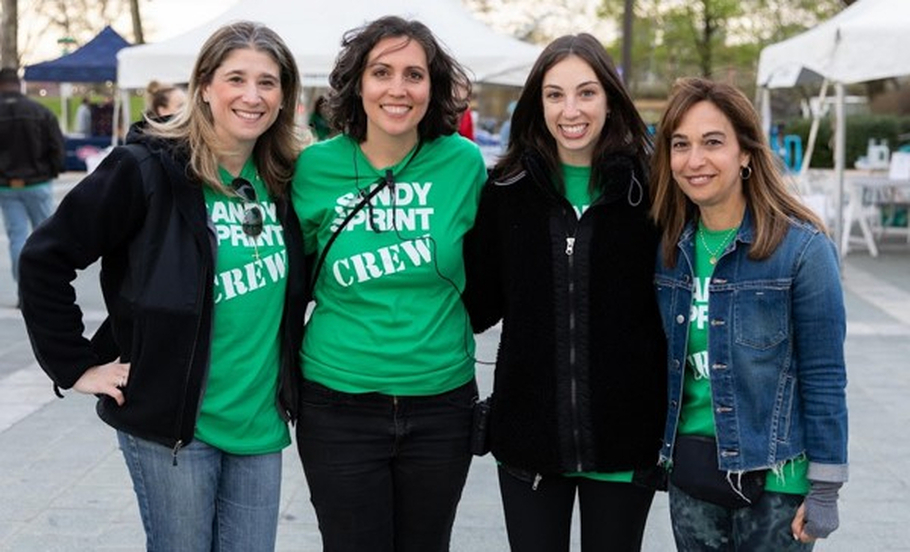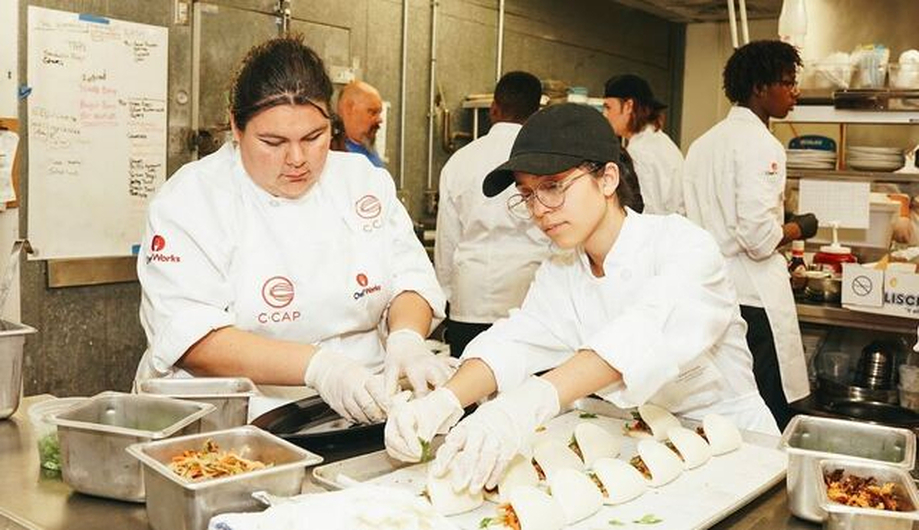Philadelphia – The Trust for Public Land announced today that Philadelphia placed 19th on the annual ParkScore® index, thanks to strong scores for park access.
Atop the ratings, Washington, DC, reclaimed the national ParkScore title, finishing 2nd place Saint Paul and 3rd place Minneapolis, which finished first last year. The ParkScore index evaluates park systems in the 100 most populous U.S. cities.
Strong marks lifted Philadelphia’s ParkScore ranking for park access. Ninety-five percent of Philadelphia residents live within a 10-minute walk of a park, far exceeding the national ParkScore average of 75 percent. The city also received strong scores for park amenities, with above-average marks for recreation & senior centers and splash pads.
Philadelphia’s ParkScore ranking dropped mostly because of declines in park investment. This year, the city allocated $112 per person for the park system, down from $138 last year. The ParkScore index also reported significant inequities in the Philadelphia park system. They added measures of park equity to the ParkScore index for the first time in 2021.
According to The Trust for Public Land, residents of Philadelphia neighborhoods where most people identify as Black, Hispanic and Latinx, Indigenous and Native American, or Asian American and Pacific Islander have access to 29 percent less park space per capita than residents in predominantly white neighborhoods. Residents of low-income neighborhoods in Philadelphia have access to 42 percent less park space than high-income neighborhoods.
Across all ParkScore cities in the United States, residents in neighborhoods where most people identify as people of color have access to 44 percent less park space than residents in predominantly white neighborhoods. Residents in low-income neighborhoods have access to 42 percent less park space than residents in high-income neighborhoods.
Philadelphia was also among the many ParkScore cities that used parks for emergency COVID response, including testing, PPE distribution, and free meal service during the pandemic.



